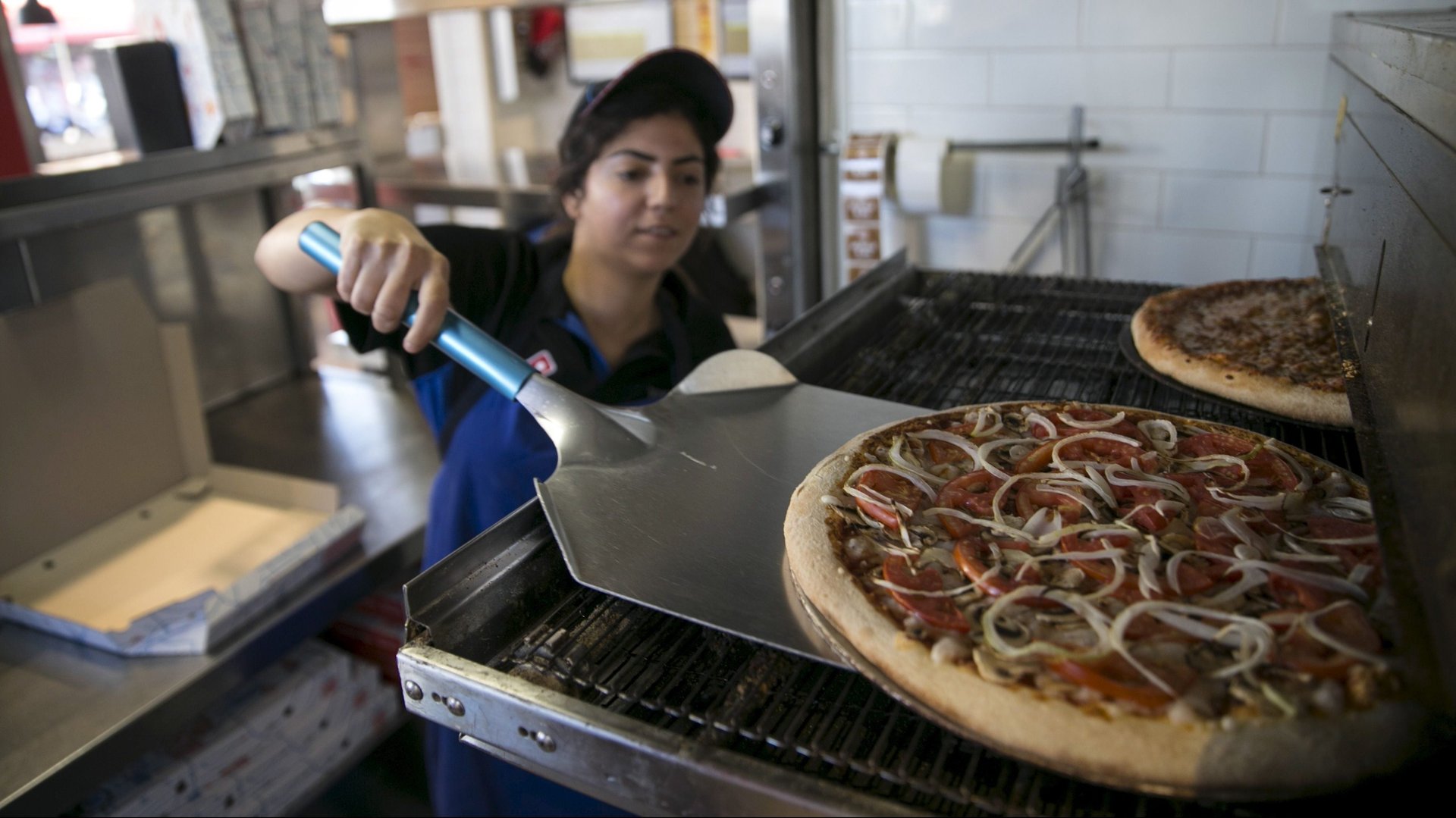Short-selling hedge funds feast on stock declines following Pfizer vaccine news
You win some, and you lose some.


You win some, and you lose some.
Hedge funds that bet on stocks to decline—known as a short sale—are recalibrating after news emerged yesterday of a promising vaccine candidate from Pfizer and BioNTech, which gave investors hope that the pandemic could be contained sooner than some expected. The announcement at least temporarily disrupted one of the year’s most popular trades—namely, bets on “stay-at-home” technology stocks like Zoom and Peloton, and e-commerce companies that are able grow profits even when the pandemic keeps consumers from going out. Stocks that have been crushed since the onset of the Covid-19 pandemic, like travel and cinema companies, soared.
Short-selling hedge funds were caught on both sides of the trading frenzy. Some of these investors were betting against stocks that have been heavily favored this year, like tech, home-gym makers, and food delivery companies, figuring that positive vaccine developments could emerge, and that these companies would see their earnings go back to normal at some point. “Our focus has been on countries that had handled the virus effectively,” says Tim Campbell, managing director of Longlead capital Partners. “In Asia, Singapore, Taiwan, New Zealand, and Australia stood out to us. Some of the local names in those markets were starting to show genuine recovery in earnings and the added kicker would be any potential positive vaccine news which would only accelerate this inflection.”
Short interest—a measure of bets against a stock—in food-delivery platform Grubhub has been rising since August, according to FactSet data as of Oct. 15. The company’s stock plunged 11% yesterday, the most since April. Short bets on Nautilus, a home-gym company, have been stacking up since March. The stock plunged 21%, the biggest dive in eight months.
Grubhub is not the only company to see a rise in short interest. Domino’s pizza and rental car company Europcar also had their short interest rise over the last month. In contrast, short interest in hotel group InterContinental and airline Air France recently fell.
Short selling—where an investor borrows a stock and sells it in hope of buying again later at a lower price—can be riskier than an outright bet that a company will increase in value. If a short seller bets against a stock that goes on a bull run, a long, extended period of rising stock prices, the losses can be theoretically unlimited.
The stay-at-home trade isn’t necessarily dead. There are a lot of open questions about the vaccine being developed by Pfizer and BioNTech, which the companies say is 90% effective, according to early results from their late-stage Covid-19 vaccine clinical trial. The data came via press release, not a peer-reviewed journal, and the companies’ findings will have to withstand scrutiny from health officials as well as the broader scientific community.
“There is no doubt that the Pfizer vaccine news has altered the market’s outlook on the Covid pandemic,” said Fiona Cincotta, an analyst at City Index. “However, the blind euphoria of yesterday has been replaced with a more cautious mood, there are still plenty of questions over the vaccine’s durability and distribution which need answering.”
Important caveats aside, the vaccine announcement shows that the pandemic’s reoccurring waves of infections and episodic business shutdowns around the world won’t last forever. Pfizer is the first to disclose positive results from late-stage trials, but 11 other companies also have trials that are ongoing.
In the meantime, some bets could saddle hedge funds with steep losses. In the UK, hedge funds had substantial short positions against companies like Cineworld Group, the world’s second-largest cinema chain according to regulatory data. As the prospects for movie-going and air travel brightened yesterday, the companies’ stocked rocketed 50% and 43% respectively.